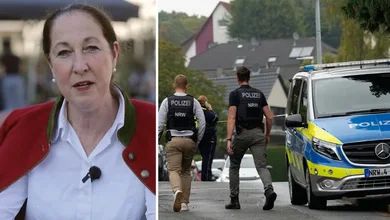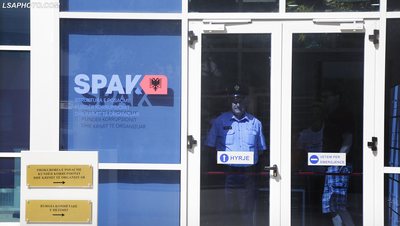
For more than a year, Germany has been implementing accelerated naturalization regulations. As a rule, naturalization is now possible after five years of residence in Germany, instead of the previous eight years. But in the case of special efforts to integrate, accelerated naturalization was only possible after three years. The coalition of conservatives and social democrats, the CDU/CSU and the SPD, now wants to abolish this particularly accelerated option. German Interior Minister Alexander Dobrindt believes that the "turbo naturalization", as it was called, achieved by the previous coalition government was wrong.
To apply for accelerated citizenship after three years, applicants must demonstrate particularly good integration results, for example, in school, employment or voluntary work. In addition, applicants must be able to support themselves and their family and demonstrate advanced German language skills. For citizenship after five years, however, lower requirements apply, such as language skills. However, living expenses must be covered and financially sustainable.
Opinions on the abolition of the accelerated naturalization process are mixed. The chairman of the German Council of Experts on Integration and Migration, Winfried Kluth, considers this move reasonable because it corrects the impression that access to German citizenship is too easy. Meanwhile, migration researcher Herbert Brücker of the Institute for Employment Research has warned that this change would reduce the incentive for highly qualified people to come to Germany./DW






















